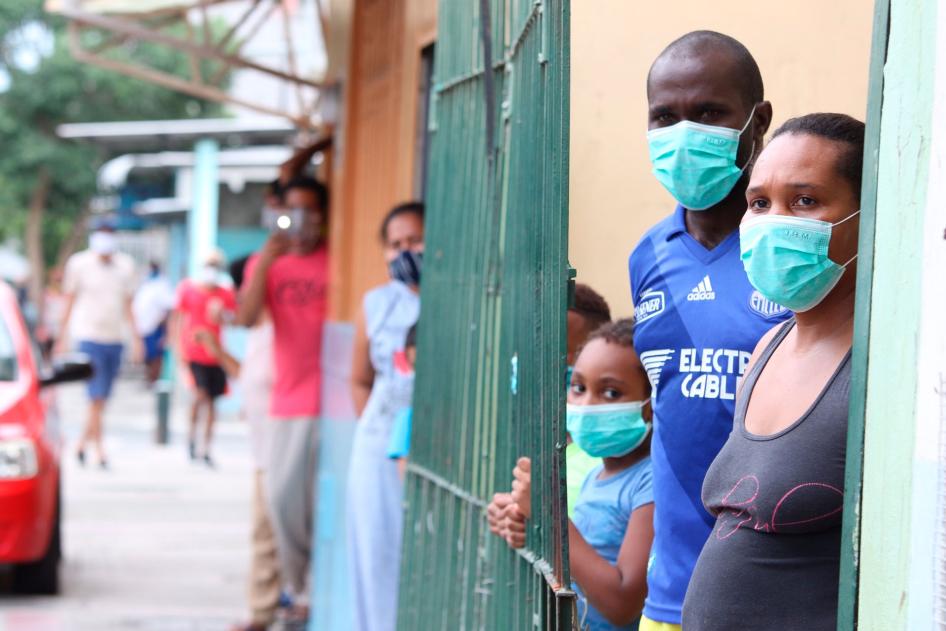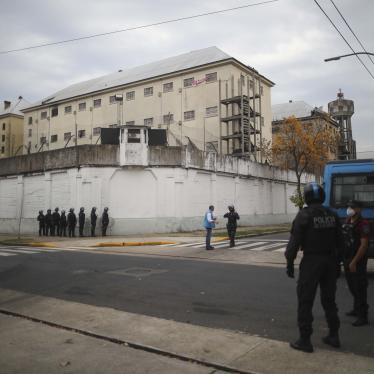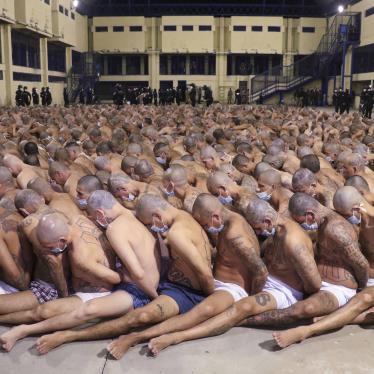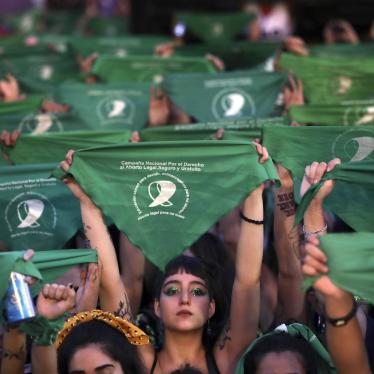Ecuador’s Constitutional Court has issued an important decision upholding the fundamental right to an effective remedy for human rights violations amidst the country’s current state of emergency. The April 28 ruling comes after a series of inconsistent decisions by the Judiciary Council, charged with regulating the judiciary, made it harder to protect fundamental rights.
Declaring a state of emergency, which governments may proclaim to protect public health during a pandemic such as Covid-19, permits the suspension of certain rights under international human rights law. But even in a state of emergency, there are some rights that can never be suspended; these include the obligation to provide an effective remedy, including through the courts, for human rights violations.
Covid-19 is no exception. Even though governments may modify judicial procedures in response to the emergency, they must give everyone a way of seeking justice for rights violations.
Clarity on these fundamental principles had been missing in Ecuador until now.
On March 16, President Lenín Moreno issued an executive decree declaring a state of emergency to address Covid-19. The Judiciary Council later closed most of its offices, except those dealing with “flagrant” matters related to criminal justice, domestic violence, traffic, and juvenile offenders. The courts still working in these areas would also review habeas corpus requests on behalf of detained persons.
On April 15, the Pichincha provincial office of the Judiciary Council, which covers Ecuador’s capital, Quito, issued a memorandum providing that the only challenges to violations of rights that people could file were habeas corpus petitions. Human rights organizations filed two complaints challenging the constitutionality of the resolution; they remain pending.
Two days later, the director of the Pichincha office revoked the original memorandum and the council issued another resolution creating procedures to hear claims in six provinces, but it didn’t refer to the memorandum nor did it mention Ecuador’s other 18 provinces.
Lawyers have reported that judges have been inconsistent when receiving and processing court challenges to rights violations provided for in Ecuadorean law, including habeas corpus.
In its April 28 decision, the Constitutional Court ordered the Judiciary Council to adopt clear and timely measures to guarantee Ecuadoreans’ access to justice. The Judiciary Council should urgently clarify that even during the current state of emergency, Ecuadorians will not be restricted in their fundamental right to access justice in cases of human rights violations.
This is not just rhetoric; it’s necessary to ensure Ecuador complies with its international human rights obligations and effectively protects its people in times of emergency.










